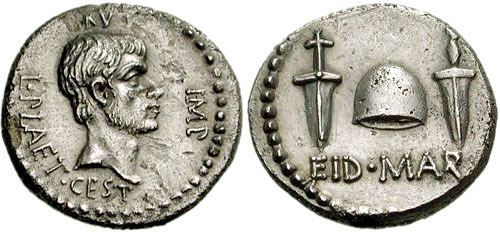This is a free preview of a subscribers-only post.
Jamie Dimon, the CEO of JP Morgan Chase, recently said a thing about Bitcoin that was not particularly original: “It's got no intrinsic value!”
(It made the news anyway because he is Jamie Dimon.)
Of course the Bitcoiners thought this was dumb and the no-coiners thought it was obvious, but I'm interested in what he said because it raises a question that is philosophically intriguing to me:
What is “intrinsic” value?
When people talk about intrinsic value, I think they usually mean something like, ‘what an item is truly worth, regardless of what other people believe.’ They use the word “intrinsic” to highlight the fundamental disconnect between price and value: price is what you pay, value is what you get. I can pick an apple off a tree and try to sell it to you for $100, but physically it’s no different from all the other apples—equally tasty and nutritious. People’s opinions about value can ebb and flow, but the intrinsic value of the apple (calories, vitamins, flavor, etc) is totally disconnected from people’s opinions. It’s intrinsic to the apple.
At least, that’s what I think Jamie Dimon means by it. But, frankly, why is it important? Who cares if I can’t eat a bitcoin? If I buy one and the market price goes up, perhaps it still doesn’t have any intrinsic value, but I can still sell it for a profit and use that money to eat. Just because the value isn’t intrinsic doesn’t mean it’s not real.
How about THAT, Mr. Dimon?
In an imaginary oak-paneled conference room, Dimon tells me, “Ok, ok. Yes, your bitcoin would be more valuable if the price goes up. The real question is: how certain are you that the price will go up? If you’re going to invest a lot of your net worth in it, you’d better be pretty damned certain. But with assets that have no intrinsic value, you can’t be. This is why intrinsic value matters.”
He fiddles with his cufflink and continues.

